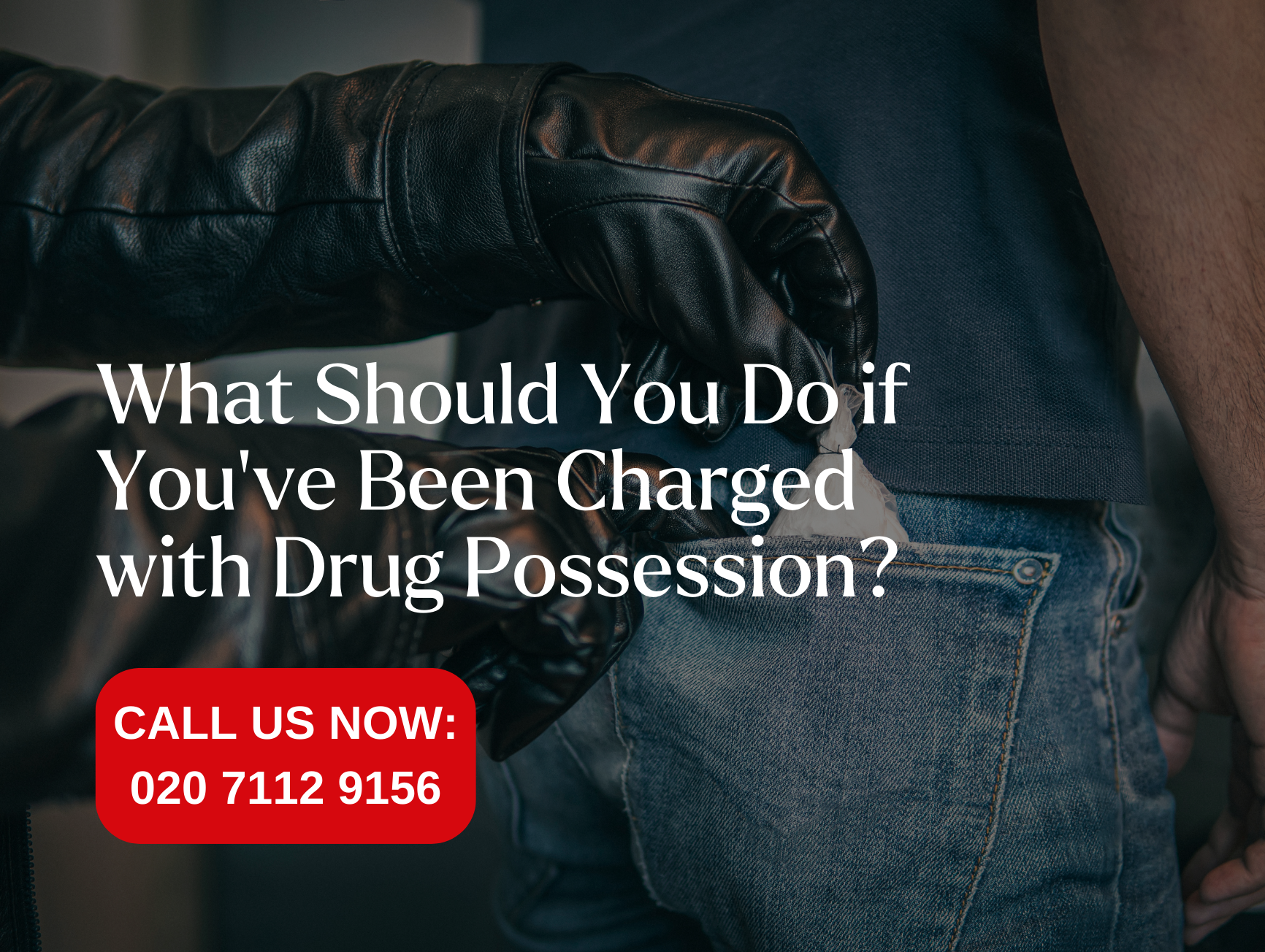What is Drug Possession?
Drug possession occurs when a person is found with drugs, even if they don’t belong to them. The police have the authority to stop, detain, and search individuals on ‘reasonable suspicion’ that they are in possession of a controlled substance.
What are Controlled Drugs?
Controlled drugs are categorized into three classes based on their potential for misuse and harm. The classification influences the severity of the offence when someone is caught possessing, supplying, or producing the drug.
Class A Drugs These are considered the most harmful and include substances such as cocaine, ecstasy, heroin, LSD, magic mushrooms, and crystal methamphetamine.
Class B Drugs This category includes drugs like codeine, ketamine, cannabis, and synthetic cannabinoids, commonly known as “spice.”
Class C Drugs These are considered less harmful compared to Class A and Class B drugs. Class C substances include anabolic steroids, minor tranquilizers, gamma-hydroxybutyrate (GHB), and khat.
Penalties for drug-related offences vary depending on the class of drug involved. Offences involving Class A drugs typically carry the most severe penalties, followed by Class B and Class C drugs. It’s essential for individuals to be aware of the legal implications associated with each class of controlled substances to understand the potential consequences.
What are the Sentencing Guidelines for Drug Possession?
In many cases of drug possession, custodial sentences are not always imposed, and the matter may be resolved through a caution or community resolution. However, if a prison sentence is deemed necessary, the severity of the sentence varies based on the class of the drug involved:
- Class A Drugs: Offences can result in a maximum prison sentence of up to 7 years and/or a fine.
- Class B Drugs: Offences can lead to a maximum prison sentence of up to 5 years and/or a fine.
- Class C Drugs: Offences may result in a maximum prison sentence of up to 2 years and/or a fine.
These penalties serve as general guidelines, and the actual sentence imposed can vary depending on factors such as the specific circumstances of the offence, the defendant’s criminal history, and the court’s discretion.
Criteria Influencing Sentencing:
- Possession in a school, prison, or licensed premises
- Evidence of “county lines” exploitation
- The purity of the drugs
- Any previous or relevant convictions
- Demonstrated remorse and/or good character
- Using cannabis to help with a medical condition
- Steps taken to address addiction
In practice, if you’re caught with a small quantity of any drug for personal use for the first time, you may receive an out-of-court disposal, such as a community resolution or a conditional caution. However, if you are caught with Class A drugs on a first offence and have previous convictions, the likelihood of a custodial sentence increases. This highlights the importance of legal advice and understanding the potential consequences based on the specific circumstances of the case.
Stop & Search – Drug Possession
The most common reason for carrying out a stop and search is suspicion of drug possession. Knowing your rights during a stop and search is crucial.
The police do not have the right to stop you without reason unless there are reasonable grounds AND it’s been authorized by a senior police officer, such as when a serious violent crime has occurred. Before you’re searched, an officer must tell you:
- Their name and police station
- What they expect to find, for example, drugs
- The reason they want to search you, such as if it looks like you’re hiding something
- Why they are legally allowed to search you
- That you can have a record of the search and, if not possible at the time, how you can get a copy
They can remove your outer jacket, coat, and gloves. For anything else, they need to take you to the police station. They are also allowed to touch the outside of your clothing.
You can find out more about Stop and Search here, and if you’ve been the victim of an illegal stop and search, our dedicated team can help.
What Should You Do if You’ve Been Charged with Drug Possession?
If you or a family member are facing a drug-related charge, seeking legal advice promptly is crucial. A skilled legal professional can provide guidance tailored to your specific situation and help navigate the complexities of the legal process. By sharing as much detail as possible about the facts of your case, you enable your legal representative to build a strong defense and advocate effectively on your behalf. This proactive approach increases the likelihood of achieving the best possible outcome for you or your family member.
Additional external information
Liberty stop and search guidelines
Book an Appointment
Make an Appointment
Time
Booking Details
Date & Time: Service Price + Staff Cost $ 00.00




